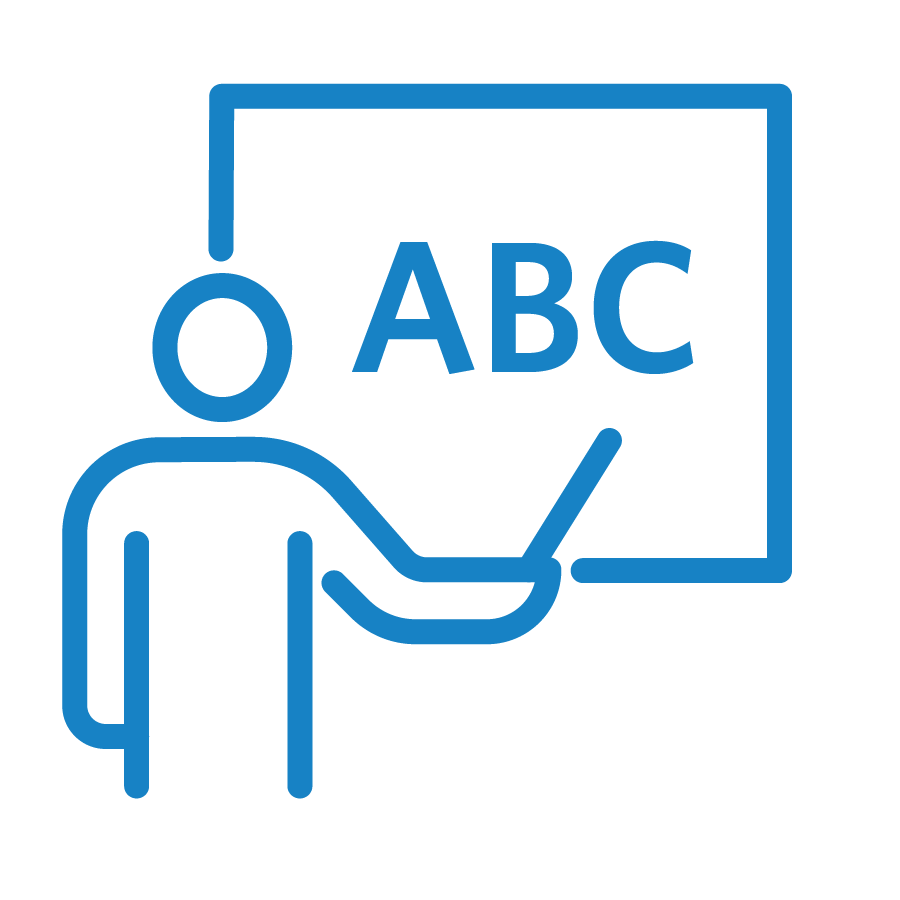Filter resources by:
Select a filter from the drop down menu to apply the filter. Page reloads upon selection
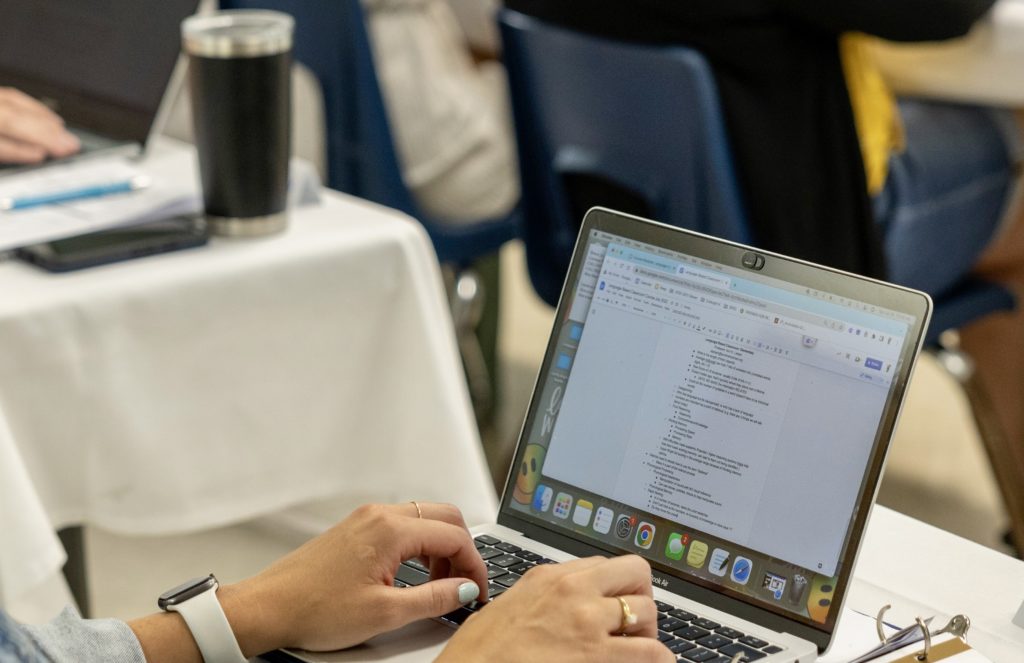
Oct 4, 2022
Computer Science and Accessibility
Using Block-Based Code There are a few quick and easy ways you can make your computer science courses more accessible to students with Language-Based Learning Disabilities (LBLD). I like to start students who are new to CS with a block-based program like Scratch, Arcade MakeCode or MIT App Inventor. These programs allow students to access
Read Blog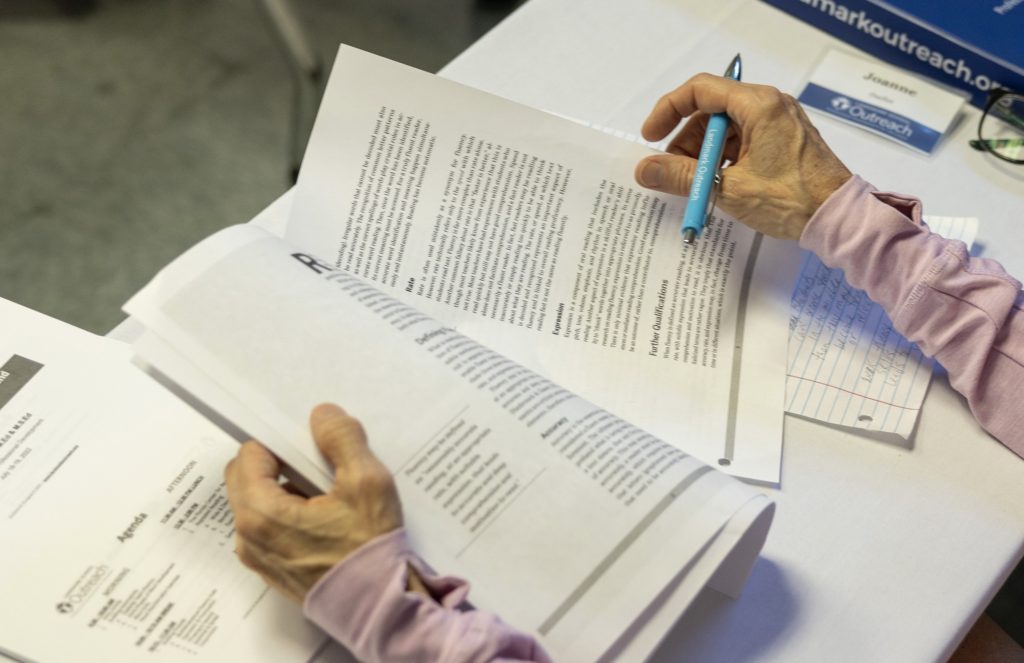
Oct 3, 2022
Reading and the Brain
Many researchers have used functional Magnetic Resonance Imaging (fMRI) scans to map the brain activity of both struggling and proficient readers. In Overcoming Dyslexia (2020), Dr. Sally Shaywtiz, noted author, dyslexia advocate, and neuroscientist, explains the history of brain imaging and what research (done by herself and others) has revealed about reading and the brain.
Read Strategy
Sep 6, 2022
What is the Science of Reading?
In other words, the science of reading takes the wide and complex scope of science and research pertaining to literacy and creates a consensus on how the brain learns to read and write. This synthesis provides stakeholders with a framework to assess the most effective ways to teach literacy that provides the most benefit for
Read Strategy
Aug 31, 2022
How to Be a Sticky Teacher
Lead with the Value Proposition As a first step, make onboarding easier and be wary of the ease-in approach, or the survey on the first few days. Today’s students are living in a digital world of quick sampling and swiping. Highlight the value proposition of your subject in early lessons. Successful apps are typically clear
Read Blog
Apr 22, 2022
Student Perspectives on Executive Function
In order to better understand the students we work with, we wanted to capture their understanding of who they are as learners and what they think about school when it’s hard and when it’s easy. We interviewed two senior students at Landmark to gain insight into how they view themselves as students. Question: Describe your
Read Blog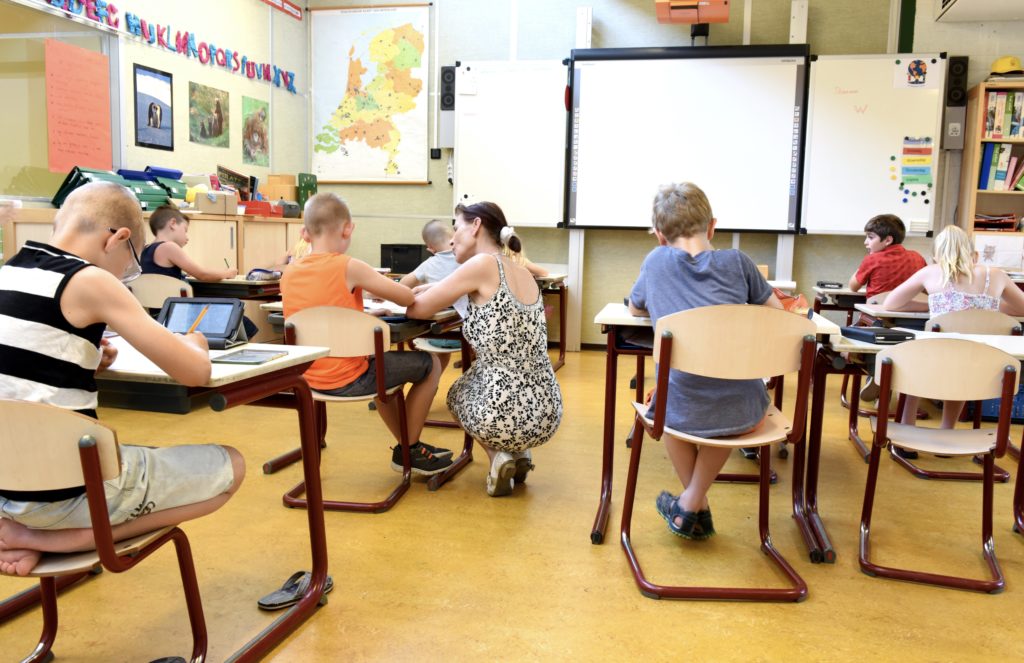
Mar 31, 2022
The Invaluable Paraprofessional
It is indisputable — paraprofessionals are valuable members of the educational team! These are the people who educators rely on to assist students in the learning process. Each school has their own job title to identify paraprofessionals, such as teaching assistant, aide, or paraeducator. A paraprofessional may be assigned to one student, a small cohort
Read Blog
Mar 21, 2022
What is Rapid Automatized Naming (RAN)?
When a student is experiencing difficulty learning to read, formal and informal educational testing and teacher and family observations can all work together to give insight as to why a student might be struggling. One important measure to consider when examining a student’s cognitive profile is rapid automatized naming (RAN). The Massachusetts Department of Elementary
Read Strategy
Feb 14, 2022
Building Equity in Literacy
Addressing a Harmful Narrative In order to address the problem, we must first acknowledge that there is a problem: we are faced with inequity in literacy instruction and achievement, particularly for students of color. If we want to provide equity in literacy, we must first confront the barriers that create inequities in literacy. First and
Read Blog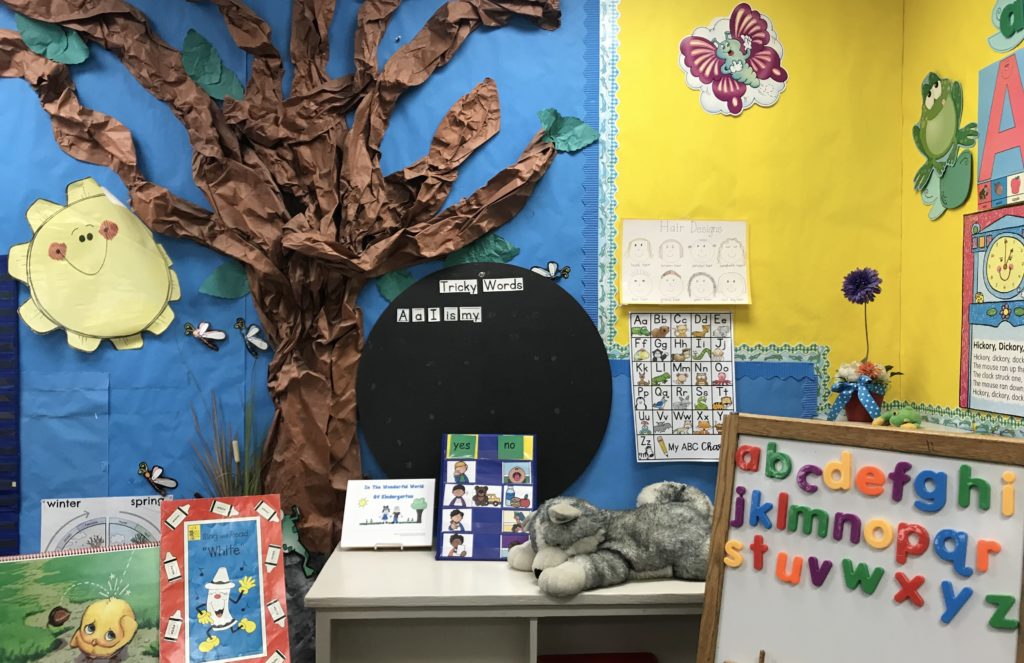
Feb 2, 2022
Early Identification for English Learners (ELs)
The Importance of Literacy Screening for ELs Literacy screening for early identification of reading difficulties is an essential part of education for all students, including those students who are learning English (DESE, 2021, p. 69). It is common thinking that a student who is learning English cannot be screened for learning disabilities, like dyslexia, until
Read Strategy